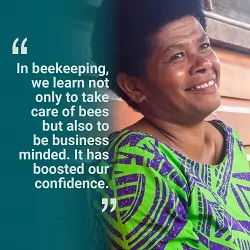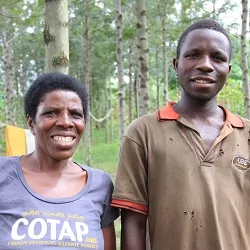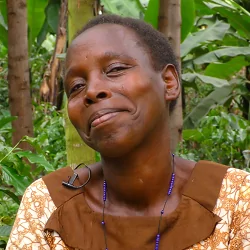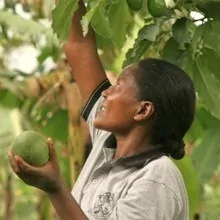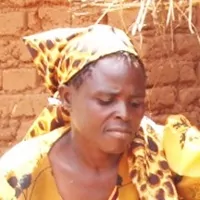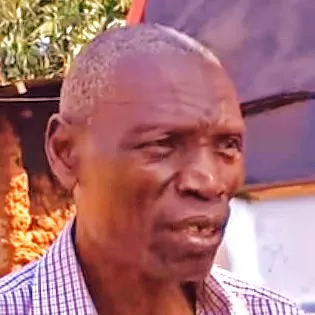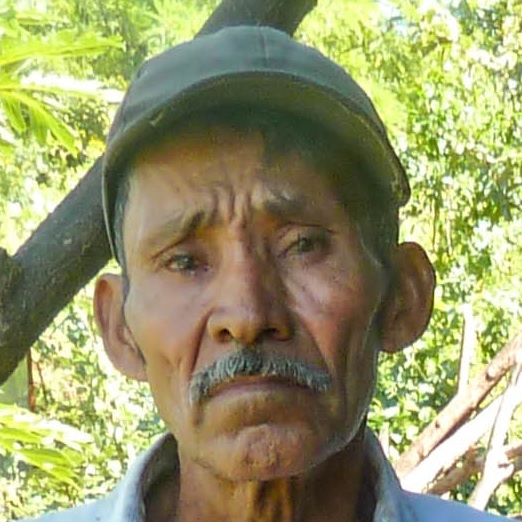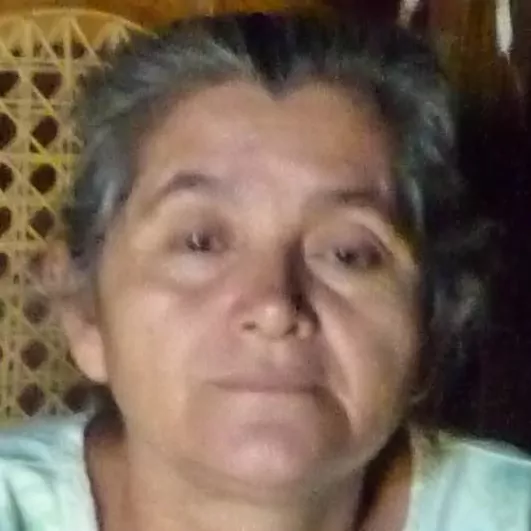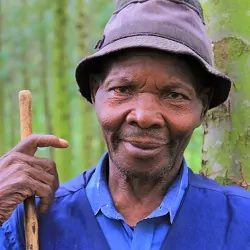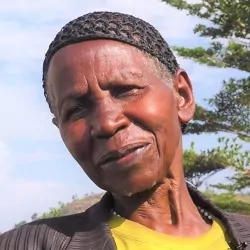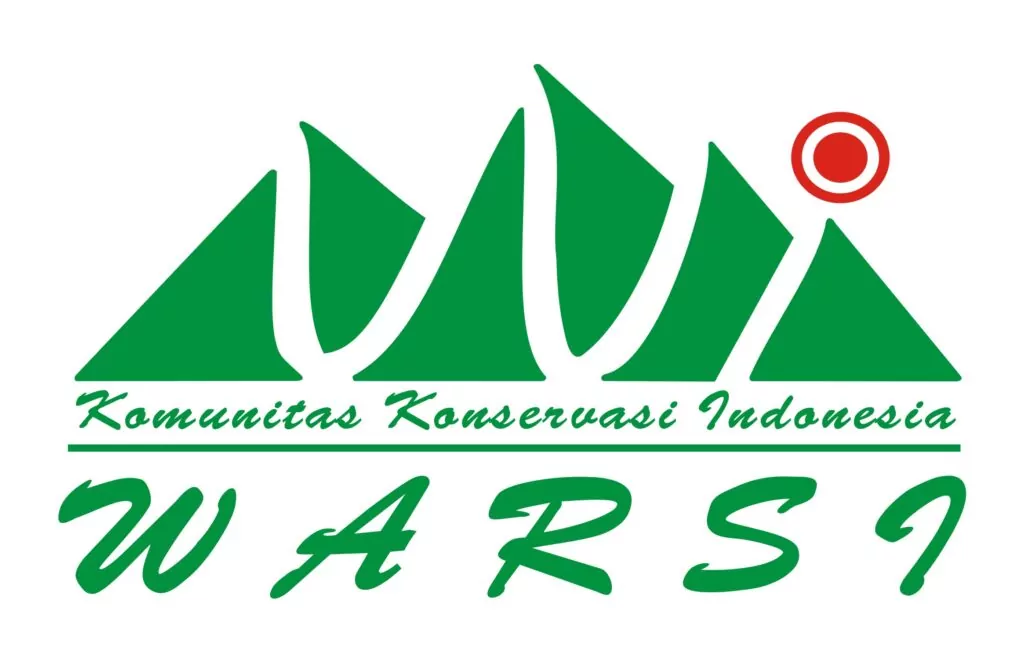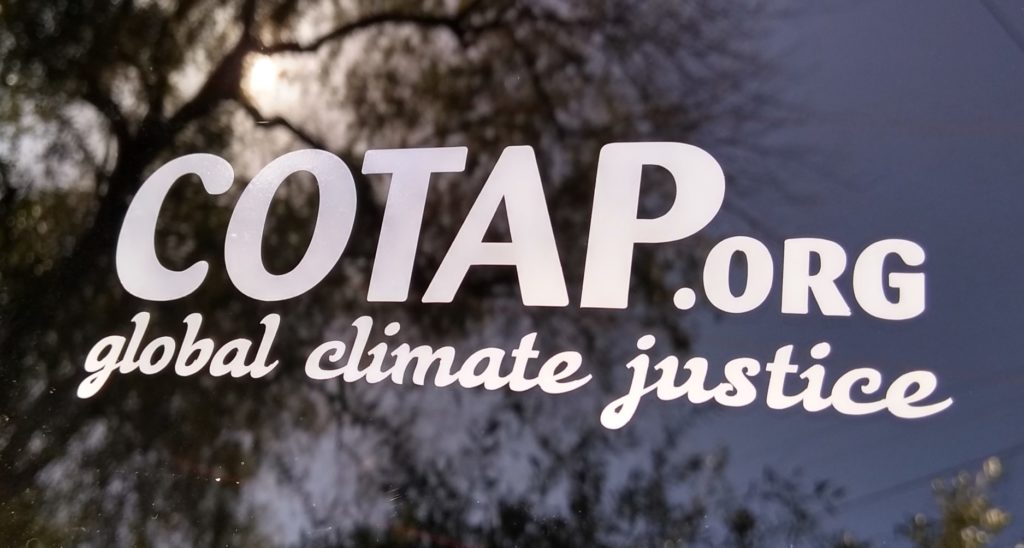
As seen on COTAP’s marketing displays, stickers, and postcard flyers, the tagline we’ve chosen is “Global Climate Justice.” Here’s why.
What “Global Climate Justice” Means to Us
The world’s most economically vulnerable people:
- Did not cause climate change.
- Are most likely to experience, and least equipped to handle, the worst effects of climate change.
- Must be included in climate change solutions, including carbon projects which provide significant and direct financial benefits to them.
- Must be empowered to adapt to climate change.
People who offset through COTAP, or “Cotappers,” promote Global Climate Justice by creating significant, supplemental income for smallholder farming communities in areas where incomes are less than $2 per day. Cotappers help the poor adapt to climate change by funding the planting, restoration, and protection of forests which increase food security, reduce erosion, protect and enhance biodiversity and watersheds, provide shade, and serve as critical hydrological sponges.
Visualizing Global Climate Injustice with The Carbon Map
Click on the below image to open The Carbon Map, which visually conveys how our countries fit into the climate change picture in terms of responsibility and risk. Click on Wealth (under Background), then Historical (under Responsibility), and then People at Risk and Poverty (under Vulnerability), refreshing each time to get a sense of the United States’ (and that of developed countries in general) relative role.
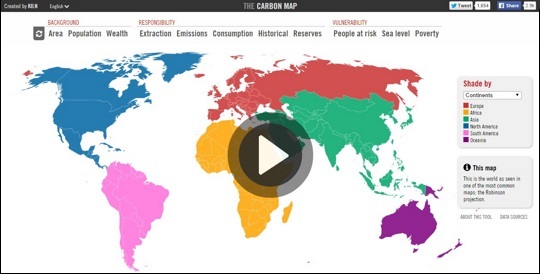
Developed countries clearly caused (and continue to cause) climate change and the global poor did not. We’ve got a lot more money to fix the problem, and they’re more likely to experience the worst effects of climate change. At a minimum, we owe it to them to clean up after ourselves, and to compensate them for helping us do it.
Climate Justice Is Also About Keeping Carbon In The Ground
COTAP and voluntary carbon offsetting in general are just one piece of a greater Climate Justice picture. We owe it not only to the world’s poor, but also to ourselves, our children, and our grandchildren to take all possible actions to avoid and reduce future carbon emissions. That primarily means keeping as much carbon as possible in the ground in the first place, as explained in this 9 minute film called “Carbon.”
But How Do We Do That?
From the above clip, we see there’s five times more burnable carbon in the ground than we can afford to burn – about 2,500 gigatonnes vs. 500 gigatonnes, respectively. At that scale, only government-level policy intervention can attack this problem’s root cause of excessive carbon demand. The proven policy intervention is to put a price on the pollutants causing the problem. Economist and former U.S. Labor Secretary Robert Reich explains the need for a carbon price and elected leaders who’ll take action:
A lot of Mr. Reich’s logic applies to what Cotappers already do – they’re voluntarily “taxing” their emissions (but actually getting a tax write-off!), and – in the process – learning how to reduce and why we need to advocate for cleaner energy and smart climate policy. Cotappers’ average voluntary price on CO2 is $15.00 per tonne.
A system-wide price on carbon will certainly happen, but it will take some time. Meanwhile, there are many things you can do, and COTAP’s one of them. Even after a price on carbon is in place, it’ll coexist with voluntary carbon offsetting. That’s because if your energy is taxed, if you use the energy and create CO2 pollution anyway, and if the tax funds aren’t used to remove your emissions from the atmosphere, then your carbon trash is essentially still out on the curb. That’ll still be an injustice, and you’ll still have the tool of COTAP to correct it.


